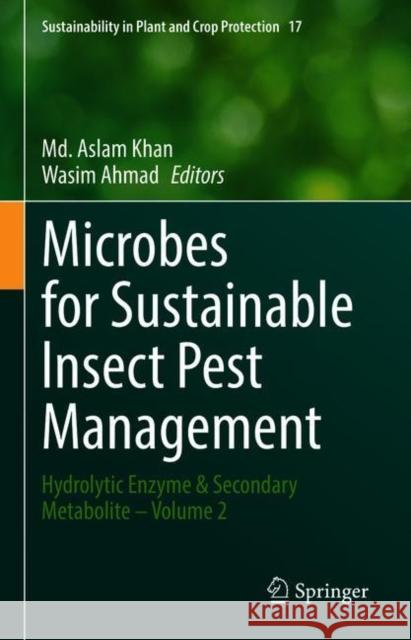Microbes for Sustainable Lnsect Pest Management: Hydrolytic Enzyme & Secondary Metabolite - Volume 2 » książka
topmenu
Microbes for Sustainable Lnsect Pest Management: Hydrolytic Enzyme & Secondary Metabolite - Volume 2
ISBN-13: 9783030672300 / Angielski / Twarda / 2021 / 274 str.
Microbes for Sustainable Lnsect Pest Management: Hydrolytic Enzyme & Secondary Metabolite - Volume 2
ISBN-13: 9783030672300 / Angielski / Twarda / 2021 / 274 str.
cena 925,87
(netto: 881,78 VAT: 5%)
Najniższa cena z 30 dni: 886,75
(netto: 881,78 VAT: 5%)
Najniższa cena z 30 dni: 886,75
Termin realizacji zamówienia:
ok. 16-18 dni roboczych.
ok. 16-18 dni roboczych.
Darmowa dostawa!
Kategorie:
Kategorie BISAC:
Wydawca:
Springer
Seria wydawnicza:
Język:
Angielski
ISBN-13:
9783030672300
Rok wydania:
2021
Wydanie:
2021
Numer serii:
000778756
Ilość stron:
274
Waga:
0.58 kg
Wymiary:
23.39 x 15.6 x 1.75
Oprawa:
Twarda
Wolumenów:
01











